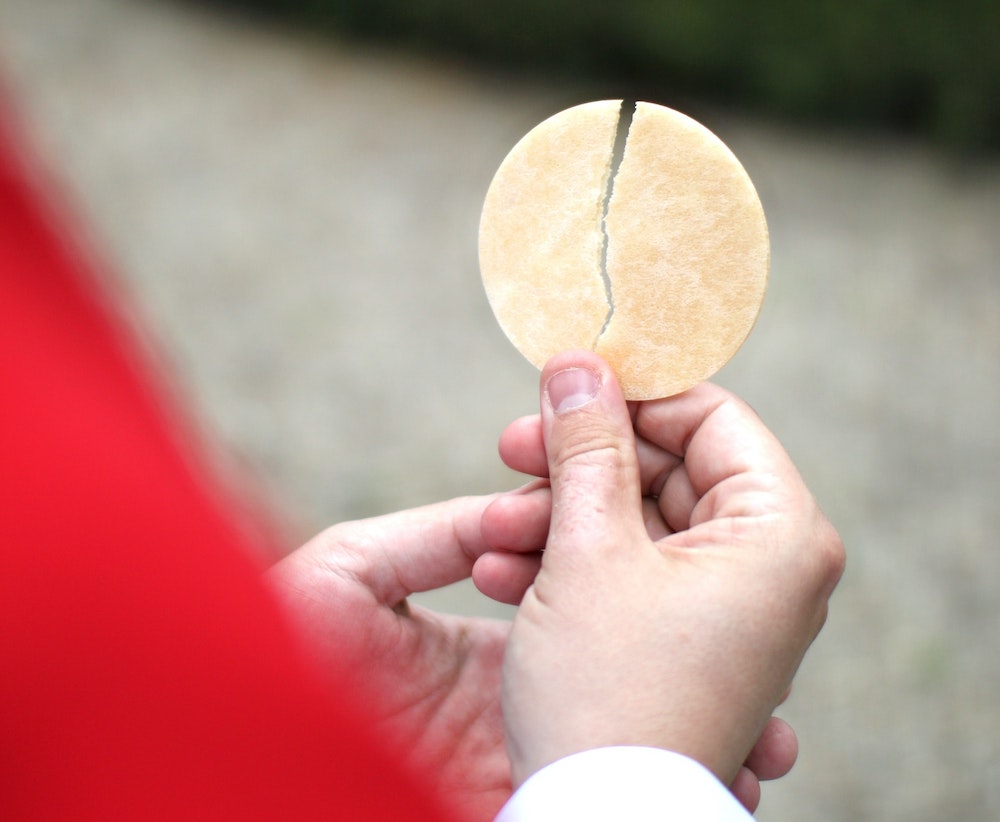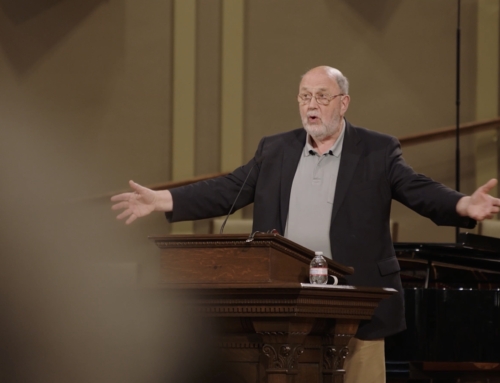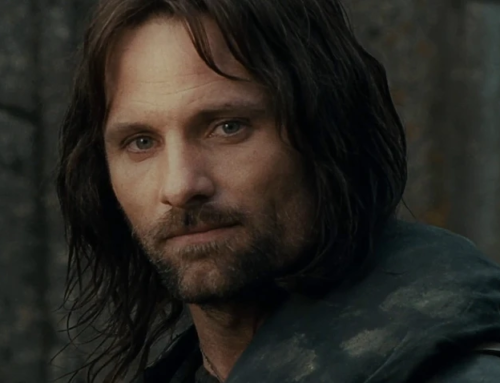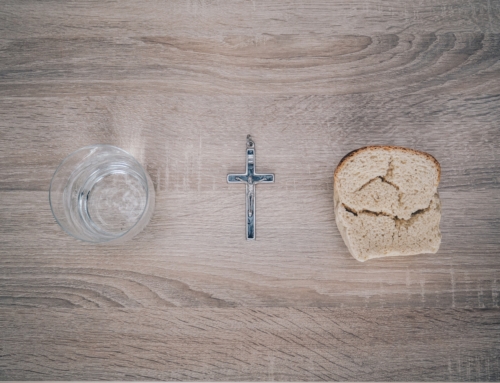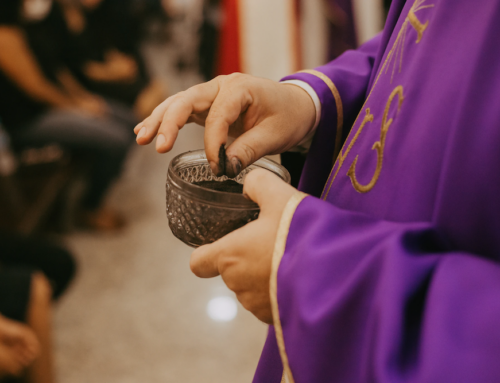King’s College, Cambridge: Maundy Thursday, April 14 2022
Thoughts inspired by Exodus 12:1-4 and John 13.1-17, 31b-35
Three weeks ago a short clip went viral on YouTube. It shows a young Ukrainian woman playing a Chopin Etude on her white grand piano. Gradually the camera pulls back and we see, to our dismay, that she is sitting amid the debris of her home, wrecked by a Russian missile. She plays on, allowing the lovely Eastern European music to speak into the terrible Eastern European reality. All around her, the smashed doors and windows, the dirt and the rubble on furniture and floor, the fires burning in the street outside, tell their story. And she continues, defiantly, to tell hers. A small piece of performance art, an act of new creation amid the ruins.
Jesus was expert at performance art. In healings and feastings, he enacted the story of God’s new creation, God’s kingdom, defying Caesar’s brutal regime. This week, Passover week, he rides a donkey into Jerusalem; he dramatizes God’s judgment on the Temple itself; he celebrates a new kind of Passover meal. Then, after supper, he strips off his outer garments, takes a towel, and washes the feet of his friends. And, by way of explanation, he gives them the ‘mandate’ – that’s why this is called ‘Maundy Thursday’ – that they should copy him in his act of humble, gentle, messy service. John, telling the story, sees this as an acted parable of Jesus’ whole career, emptying himself of all but love, laying down his life for his friends. An act of new creation amid the callous brutality of imperial rule.
But what has footwashing (our second reading) to do with Passover (our first reading)? You might think that Jesus was merely changing the subject. Passover, as we saw, was about God defeating the cruel Egyptian gods and rescuing his people from their harsh slavery. Passover-time in Jesus’ day saw Jerusalem packed with pilgrims, eager for God to do it again, fully and finally. So what did Jesus mean? Was he saying they should forget their dream of freedom from imperial aggression, and focus instead on personal devotion and small acts of kindness?
Not at all. In the previous chapter Jesus declares that God’s judgment is falling on ‘the ruler of this world’ – which seems to mean both Caesar in Rome and the accusing, satanic power operating through Caesar, and now also tragically through a treacherous friend. God’s judgment on the dark power: this is Passover language all right. And, in the discourse which follows, Jesus promises that God’s Spirit will hold the world to account, which Jesus then models by confronting Pontius Pilate, Caesar’s representative, putting him straight about kingdom, truth and power. This is indeed the new Passover, calling time on tyranny. The footwashing scene means what it means within this larger story. It is a small but cosmically significant piece of new-creational performance art, launching a new people marked out by humble, self-giving love. Jesus’ symbolic actions were small but powerful seeds, designed to grow and change the world. The very existence of this strange new family constitutes the standing rebuke, from creation’s true God, to the tyrants and bullies of the world.
Pilate, of course, sends Jesus to his death. But God then declares, by raising him from the dead, that the tyrant’s ultimate weapon, death itself, has been defeated. Jesus’ first followers went out into the world with that belief: not that Jesus was providing an escape from the real world, but that he had launched God’s new creation into that real world. Jesus’ risen body, and the breath of his Spirit in his followers, generate new creation already in the present. And, in that new creation, self-giving love, redemptive love, footwashing love, are the order of the day. All this can now happen because, as John constantly shows us, Jesus himself is the true Passover lamb, whose death takes away the sin of the world.
This sequence of events – from the intimacy of the footwashing to the horrible violence of crucifixion, through to the new life of Easter morning – all this is the fulcrum around which world history now turns, the yardstick by which the rulers of the world are to be judged. Most people in today’s world know in their bones that brutal tyranny is not only wrong but doomed. Most people in Jesus’ world didn’t know that; they assumed it was the norm, the way the world always was and would be. Why the change? Because the Passover-vision of the Jewish people, brought into fresh focus through Jesus’ death and resurrection, has steadily made its way into global consciousness. Secular optimism, with the rhetoric of human rights, has tried to get the results of the Easter message while leaving Jesus out of the picture, to grasp at new creation while forgetting the footwashing creator. The church itself has all too often colluded with the secular agenda, not least by supposing that the point of the gospel is to help us escape somewhere else while letting the world go to hell. John’s gospel, in scene after scene of enacted new creation, won’t let us do that.
Jesus’ followers are therefore given this mandate, to be performance artists of new creation in a world caught between the ruin of the old and the birth of the new. ‘Love one another, as I have loved you’. That is the slogan: easy to say, massively challenging to do – not least because it is so easily misunderstood. Is Jesus saying that the answer to all our problems is simply a community of kindness?
No, but that’s not a bad start. The footwashing scene brings into unexpected focus the good news that the world’s tyrants and bullies are held to account and overthrown; that a different way to be human has been launched upon the world. The church, empowered by Jesus’ Spirit, must speak the truth to power, the
truth of God’s new creation. As we discover again this evening, the bread and the wine of the Eucharist proclaim powerfully to the wider world that in Jesus’ death and resurrection God himself has sat down defiantly at the keyboard, to play, even amidst the rubble, the unstoppable music of new creation.
Latest posts by N.T. Wright (see all)
- A Preview of Prof. Wright’s Teaching on Acts - May 11, 2023
- The Music of New Creation: Holy Week Eucharist Reflections from N.T. Wright - April 14, 2022
- Hope Amid the Broken Signposts - February 17, 2021


